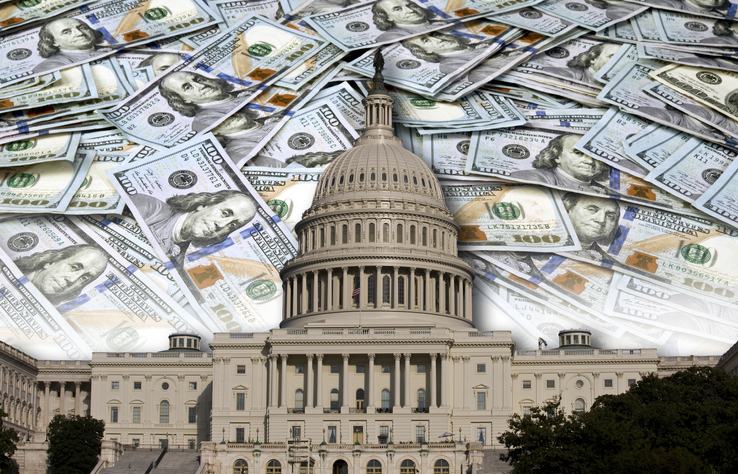(The Center Square) – The investigative arm of Congress said Friday that it won’t have an estimate of the total amount of fraud in the federal government before the end of the year.
In February, U.S. Comptroller General Gene Dodaro told the House Ways and Means Committee the Government Accountability Office could have the first-ever total government-wide fraud estimate by the end of the year.
A spokesman for the Government Accountability Office said the report could come out in February 2024. The spokesman didn’t have an exact date.
The agency is attempting, for the first time, to estimate the total amount of fraud in the federal government to reduce fraud across all branches of the government.
Past fraud estimates haven’t been perfect. The Council of Inspectors General on Integrity and Efficiency in its fiscal year 2021 report estimated that recoveries and receivables from investigations totaled $12.1 billion. That estimate included theft and mismanagement of government funds in addition to fraud. The Office of Management and Budget reported confirmed fraud for fiscal year 2021 was $4.5 billion. Neither estimate is considered to be all that precise.
“This number may not include all confirmed fraud data,” according to a Government Accountability Office report from January. “For example, the Department of Defense reported at least $1.1 billion in confirmed fraud to CIGIE in fiscal year 2021, but reported $0 in confirmed fraud to OMB in the same period. These disparate figures raise questions about the quality of reported federal fraud data.”
A fraud estimate could save taxpayer’s money. Adam Andrzejewski, the CEO and founder of OpenTheBooks.com, previously told The Center Square that such an estimate could be a road map to better government practices.
“Spending hawks in Congress consistently posit that cutting waste, fraud and abuse can yield meaningful savings that can shrink our deficit and eventually make our debt service obligations less crushing,” he said. “Others argue it’s an empty or ephemeral promise, and demand examples of waste and fraud beyond Medicare and Medicaid. A document like this could essentially be the answer to that challenge. It could provide a real roadmap for reining in the rampant fraud that seems to pollute every program that hands out our tax dollars. It can tell us which programs to reform in order to efficiently yield the best gains.”
Originally published by The Center Square. Republished with permission.
For more from Budget & Tax News.
For more public policy from The Heartland Institute.
